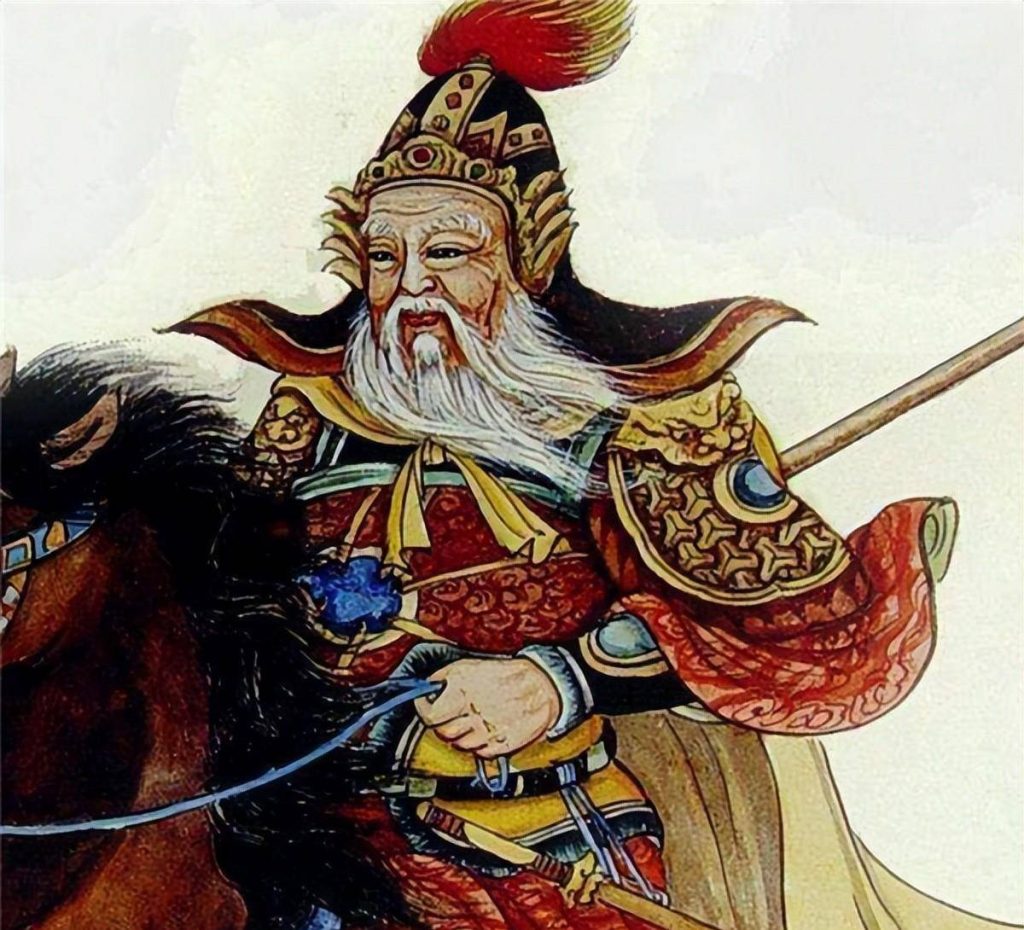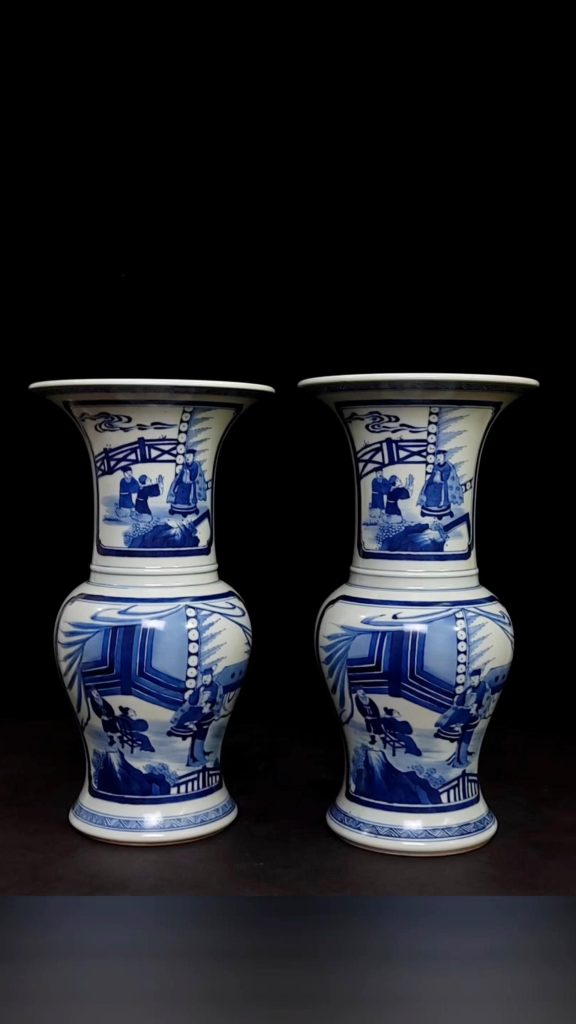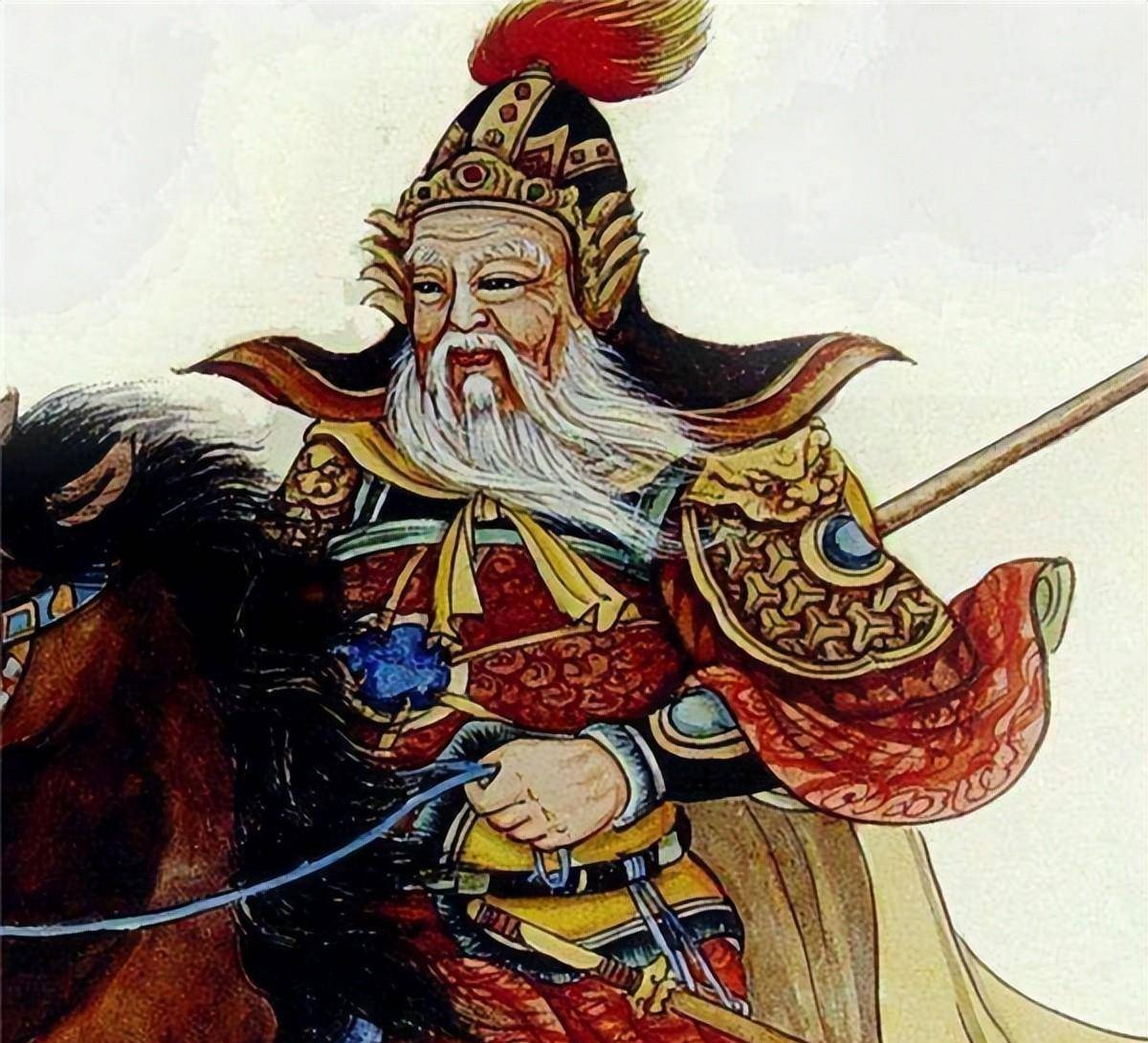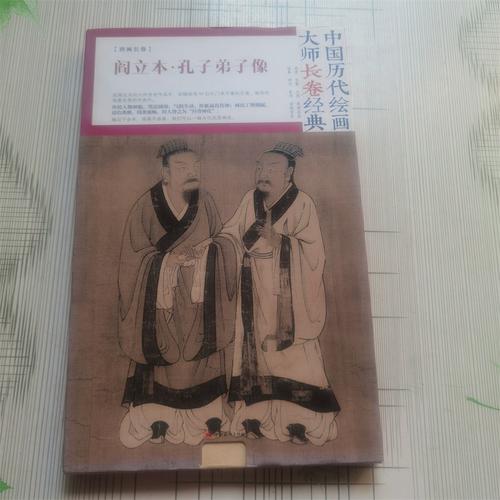Liu Ji, also known as Bowen, was a founding hero of the Ming Dynasty and was awarded the title of Sincere Uncle. Liu Bowen has two sons, the eldest son Liu Lian and the second son Liu Jing. During the Hongwu period, Hu Weiyong held absolute power, and Liu Lian was persecuted and forced to commit suicide by throwing himself into a well. Although the second son Liu Jing escaped the political killings during the Hongwu period, he was killed by Zhu Di in the early years of Yongle. What exactly happened? Interested readers and history encyclopedia editors, let’s take a look together!

Although Liu Jing was the second son, he was more like Liu Bowen. According to historical records, Liu Jing was eager to learn from a young age and had a weak understanding of various classics. He enjoyed discussing military strategy and studying tactics. Later on, Zhu Yuanzhang missed those departed founding officials and summoned their sons to the palace every year. “When they entered the palace, Yan language was like that of a family member,” including Liu Jing.
In the 14th year of the Hongwu reign, a peasant uprising occurred in the Wenzhou area, and Zhu Yuanzhang sent Tang Shengzong, the Marquis of Yan’an, to lead his army to suppress it. Liu Jing participated in this military operation as a “strategist” and was known for his talent and strategy in defeating bandits. Zhu Yuanzhang was very happy and praised, “Jingzhen Bo Wen Er is so gentle.” Zhu Yuanzhang also allowed these meritorious children to associate with his own prince, so Liu Jing met the Yan King Zhu Di.
The two are of similar age and both enjoy military affairs, so their relationship should be quite good. However, Liu Jing was too upright and had offended Zhu Di before. Once when the two were playing chess and Zhu Di was not a match, he said, “You don’t have many concessions, do you?” Liu Jing replied seriously, “If you can make concessions, you can, but if you can’t, you dare not.” This made Zhu Di very embarrassed and speechless.

It was precisely because of Liu Jing’s uprightness that he gained the favor of Zhu Yuanzhang. In the 23rd year of the Hongwu reign, Zhu Yuanzhang wanted Liu Jing to inherit the title of Chengxin Bo, but Liu Jing said that his brother still had a son and the title should belong to him. Zhu Yuanzhang was very pleased and appointed Liu Jing as the envoy of the Hemen. The gatekeeper is a close relative of the emperor, specifically responsible for supervising officials.
During Liu Jing’s tenure, he worked diligently and corrected any deficiencies in the reports submitted by officials at any time. Zhu Yuanzhang also specially gave Liu Jing an iron mace with the words “eliminate traitors, enemies, and flatterers” written on it, and instructed him, “If any officials dare to commit illegal acts, you should correct them with this. Later, Zhu Yuanzhang appointed Liu Jing as the Chief Historian of the Valley King and ordered the appointment of officials from the six royal residences of Su, Liao, Qing, Ning, Yan, and Zhao.
After the death of Zhu Yuanzhang, Emperor Jianwen ascended the throne and began implementing the policy of reducing fiefdoms, which led to the “Jingnan Campaign”. After Zhu Di rose up in Beiping, Gu Wang was recalled to Nanjing. Liu Jing firmly stood on the side of the court and presented sixteen strategies to Emperor Jianwen, but they did not receive much attention. Afterwards, Liu Jing also served as a staff officer for Li Jinglong, but he was not given any important positions. Liu Jing repeatedly offered suggestions to the court, but received no response, so he resigned from his official position and returned home.
A few years later, Zhu Di achieved his final victory and ascended the throne as emperor in Nanjing. After Zhu Di came to power, he began to crack down on those ministers who were loyal to Emperor Jianwen. At the same time, he also summoned Liu Jing to the capital to acknowledge his position. However, the upright Liu Jing refused to enter the capital on the grounds of illness. Zhu Di was furious and ordered the Jinyiwei to capture Liu Jing in Nanjing.
When meeting with Zhu Di, Liu Jing did not call him “Your Majesty”, but still referred to him as “His Highness”. At the same time, Liu Jing also said, “Your Highness, after a hundred lifetimes, cannot escape the usurpation of the imperial title.” Due to his refusal to recognize the legitimate status of Ming Chengzu, Liu Jing was imprisoned and eventually hanged himself. The officials of the Ministry of Justice proposed to hold Liu Jing’s family accountable, but Zhu Di considered Liu Ji’s factors and ultimately did not agree.
During the Xuande period, Liu Jing’s son Liu Xiu was appointed as a low-level official in the Ministry of Justice. Until the reign of Emperor Jiajing, Liu Jing was posthumously awarded the title of “Jingnan Martyrs’ Loyalty” for the loyal ministers who died in the Jianwen Dynasty. Emperor Jiajing also ordered the construction of the “Imperial Edict to Build the Changshi Temple” in Qingtian County, Liu Jing’s hometown, to commemorate this loyal minister.




